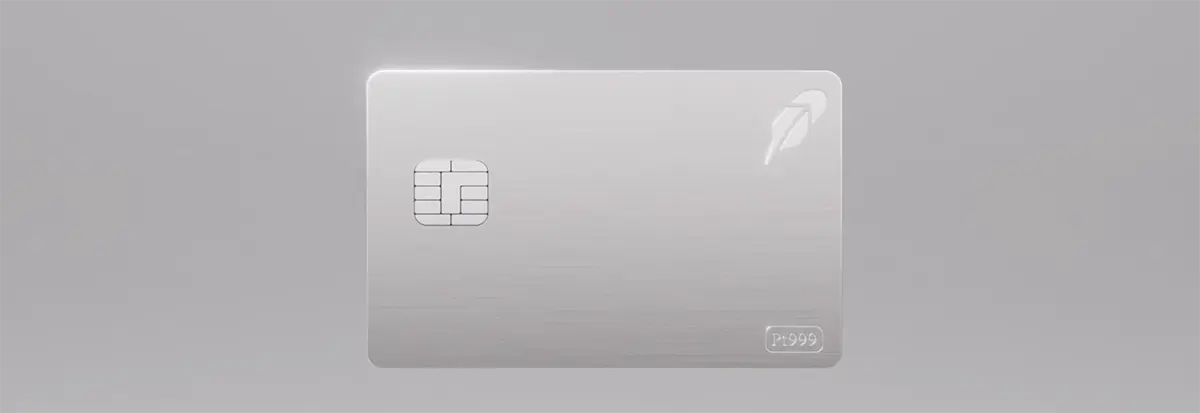
Kudos has partnered with CardRatings and Red Ventures for our coverage of credit card products. Kudos, CardRatings, and Red Ventures may receive a commission from card issuers. Kudos may receive commission from card issuers. Some of the card offers that appear on Kudos are from advertisers and may impact how and where card products appear on the site. Kudos tries to include as many card companies and offers as we are aware of, including offers from issuers that don't pay us, but we may not cover all card companies or all available card offers. You don't have to use our links, but we're grateful when you do!
Does Lowering Your Credit Limit Affect Your Credit Score?
July 1, 2025


Quick Answers
- Lowering your credit limit can negatively affect your credit score by increasing your credit utilization ratio.
- This ratio measures your outstanding balance against your total available credit and is a significant factor in scoring models.
- Even with unchanged spending, a reduced limit makes your utilization percentage higher, which can signal increased financial risk to lenders.
What Is Lowering a Credit Limit?
Lowering a credit limit is the process of reducing the maximum amount of credit available on a credit card or line of credit. This action can be initiated by the cardholder, often to control spending, or by the credit issuer based on its own risk assessment. The immediate result is a decrease in the total borrowing power accessible to the account holder.
This change directly influences a key component of your credit score known as the credit utilization ratio. Because your available credit is reduced, any existing balance will represent a larger percentage of your new, lower limit. A higher credit utilization ratio is a significant factor in credit scoring models and can result in a lower credit score.
How Lowering Your Credit Limit Could Affect Your Credit Score
Thinking about lowering your credit limit? While it might seem like a responsible financial move, this action can inadvertently cause your credit score to drop. Here’s how that process typically unfolds.
- The Limit Reduction is Processed:You request a lower credit limit from your card issuer, and they approve it. For instance, your total available credit on a card might decrease from $10,000 to $5,000.
- Your Credit Utilization Ratio Increases:This is the most critical consequence. Your credit utilization ratio—the percentage of available credit you're using—immediately goes up, even if your balance doesn't change. A $2,500 balance on a $10,000 limit is 25% utilization, but on a $5,000 limit, it doubles to 50%.
- Scoring Models Register the Change:Credit scoring models, such as FICO and VantageScore, heavily factor in your utilization ratio. A higher ratio is often interpreted as a sign of increased financial risk, as it suggests you are more reliant on credit.
- Your Credit Score May Fall:Since the "amounts owed" category is a significant component of your credit score (around 30% for FICO), a sudden spike in utilization can lead to a drop in your score. The severity depends on your overall credit profile and how high the ratio becomes.
How Much Will Lowering Your Credit Limit Affect Your Credit Score?
The exact impact of lowering your credit limit on your score can vary. Several key factors determine how significant the change will be, and it's wise to consider them before making a request.
- Credit Utilization Ratio. A lower credit limit will increase your credit utilization ratio, even if your balance stays the same. This ratio is a significant component of your credit score, so a higher ratio can lower it.
- Total Available Credit. Reducing your limit lowers your overall available credit across all accounts. Lenders may view this as a sign of increased risk, which could negatively affect your score and borrowing power in the future.
How You Can Avoid Lowering Your Credit Limit Affecting Your Credit Score
Pay Down Existing Balances
Lowering your balances before your credit limit is reduced can help maintain a healthy credit utilization ratio. By paying down what you owe, you decrease the numerator in the utilization calculation, which can offset the impact of a smaller denominator (your new, lower limit).
Increase Other Credit Limits
Consider requesting a credit limit increase on your other credit cards. If successful, this boosts your total available credit across all accounts. This action can help counterbalance the decrease on one card, keeping your overall credit utilization ratio from rising unexpectedly and damaging your score.
Choose the Right Card to Lowering Your Credit Limit
No matter your current standing, improving your credit score is an achievable goal that plays a vital role in your overall financial life. Consistent, positive financial habits can lead to meaningful changes in as little as three to six months.
- Monitor your credit reports regularly. Obtain free reports from the three major bureaus to identify and dispute inaccuracies, check for fraud, and track your progress.
- Set up automatic bill payments. Your payment history is the most significant factor in your score, so ensuring timely payments is a critical step toward improvement.
- Reduce your credit utilization ratio. Aim to use less than 30% of your available credit by paying down balances or requesting credit limit increases.
- Become an authorized user. Being added to a credit card account with a long, positive history can help boost your score, provided the account reports to all credit bureaus.
- Diversify your credit mix. Lenders like to see that you can responsibly manage different types of credit, such as credit cards, installment loans, and mortgages.
- Limit hard inquiries. Avoid applying for too much new credit at once, and use prequalification tools to shop for rates without impacting your score.
The Bottom Line
Lowering your credit limit can increase your credit utilization ratio, a key factor in calculating your credit score. This may lead to a lower score, so consider the potential impact beforehand.
Frequently Asked Questions
Will lowering my credit limit always hurt my credit score?
Not necessarily. If you maintain a low credit utilization ratio across all your accounts, the impact of lowering one limit may be minimal.
How quickly will my score change after lowering a credit limit?
The change typically appears on your credit report within one to two billing cycles, affecting your score as soon as the new limit is reported.
Can I reverse a credit limit decrease?
You can request a credit limit increase later, but approval isn't guaranteed. Your issuer will re-evaluate your creditworthiness, which may involve a hard inquiry.
Unlock your extra benefits when you become a Kudos member

Turn your online shopping into even more rewards

Join over 400,000 members simplifying their finances

Editorial Disclosure: Opinions expressed here are those of Kudos alone, not those of any bank, credit card issuer, hotel, airline, or other entity. This content has not been reviewed, approved or otherwise endorsed by any of the entities included within the post.



































.webp)







